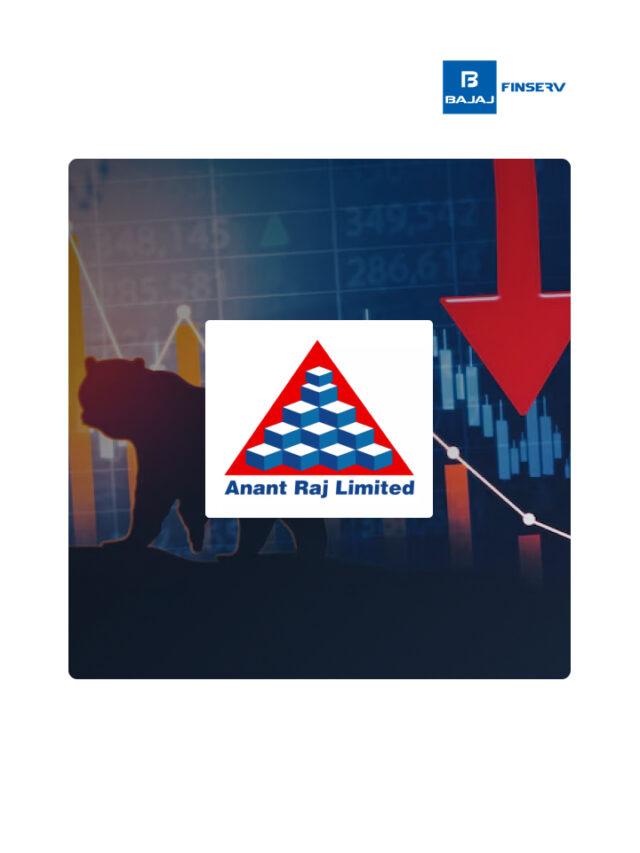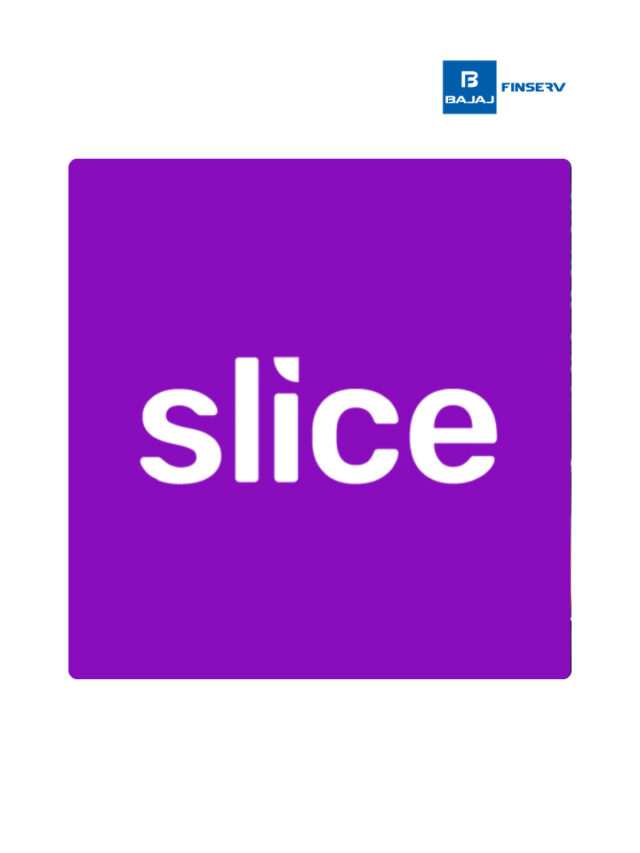What are Over the Counter (OTC) options
Last Updated on November 3, 2023 by BFSLTeam BFSLTeam

Table of Content [hide]
What Are Over the Counter Options?
OTC meaning Over The Counter options are financial derivatives traded directly between parties, outside formal exchanges. Unlike standard options on public markets, OTC options are customizable contracts that allow participants to tailor terms, such as strike prices and expiration dates, to their specific needs. They provide flexibility but entail counterparty risk, as the contract’s value depends on the financial health of the other party. OTC options are commonly used for hedging and speculative purposes, particularly in complex or niche scenarios. They are prevalent in foreign exchange and interest rate markets, providing participants with tailored risk management solutions outside traditional exchanges.
When Should You Consider Using OTC Options?
Over-the-counter (OTC) options should be considered when standard exchange-traded options may not fully meet your specific financial or risk management needs. Here are some key situations in which OTC options may be a suitable choice:
Customization: OTC options provide a level of customization that is not achievable with standardized options. If you have specific risk exposure or investment objectives that require tailored terms, such as unique strike prices, expiration dates, or contract sizes, OTC options are the ideal choice.
Hedging Complex Risks: OTC options are particularly valuable when dealing with complex or non-standard risks that cannot be adequately hedged with standardized options. This is common in areas like currency risk, interest rate risk, and commodities, where standard products may not align precisely with your needs.
Privacy: OTC options offer confidentiality because they are not publicly traded. This makes them suitable for individuals or institutions that prefer to keep their strategies and positions discreet.
Unique Assets or Underlyings: If you’re dealing with assets or underlying that are not readily available on traditional exchanges, OTC options can be the only viable option for derivative trading, allowing you to manage risk related to these unique assets.
Counterparty Relationships: OTC options are often used when there is an established relationship between counterparties or financial institutions. Parties with specific trading partners or trusted institutions may prefer OTC transactions for ease of execution and negotiation.
It’s important to note that Over The Counter options come with some significant disadvantages, primarily counterparty risk and limited liquidity. They require a deep understanding of derivative products and financial markets, as well as careful consideration of counterparty risk. Consulting with financial professionals or experts is advisable when considering OTC options to ensure they align with your objectives and risk tolerance. Ultimately, OTC options are a powerful financial tool for those with specific, non-standard requirements, but their complexity and risk factors warrant careful evaluation.
Also Read: Vertical Spread Options
How Do Over the Counter Options Work?
OTC options work through direct agreements between two parties, typically facilitated by financial institutions or brokers in the OTC market. Here’s a simplified overview of the process:
Agreement: Two parties, the buyer and the seller (or writer), negotiate the terms of the option contract, including the underlying asset, contract size, exercise price, expiration date, and any other specific features.
Premium: The buyer pays a premium to the seller in exchange for the right, but not the obligation, to exercise the option as specified in the contract.
Contract Execution: The terms are documented in an OTC options contract, which is legally binding. Both parties must agree on the terms before finalizing the deal.
Customization: OTC options allow for a high degree of customization, so the terms can be tailored to suit the parties’ risk management or investment objectives.
Counterparty Risk: One key consideration is counterparty risk. The value of the OTC option depends on the financial health and ability of the counterparty to fulfil its obligations.
Settlement: At the option’s expiration, the buyer can choose to exercise it or let it expire, depending on market conditions. Settlement may involve physical delivery of the underlying asset, cash settlement, or a combination of both, as defined in the contract.
Ongoing Communication: Parties involved in OTC options typically maintain communication to ensure the contract’s terms are met and to address any adjustments or issues that may arise.
Overall, using the OTC market provides flexibility and customization but requires a strong understanding of derivatives and careful consideration of counterparty risk. They are typically used for hedging, speculative trading, and managing unique risk exposures.
Advantages And Disadvantages Of Over the Counter Options
Advantages of OTC Options:
Customization: OTC options offer a high degree of customization, allowing parties to tailor contract terms to specific risk management or investment needs.
Flexibility: They can be used for a wide range of underlying assets, not limited to those available on public exchanges, making them versatile.
Privacy: OTC options provide confidentiality since they are not traded on public markets, making them suitable for those who want to keep their strategies private.
Unique Risk Management: Ideal for hedging against complex or non-standard risks when standardized exchange-traded options may not suffice.
Also Read: Vega in Options
Disadvantages of Over the Counter Options:
Counterparty Risk: OTC options involve the risk of the other party defaulting on their obligations, which can be a significant concern, especially in volatile markets.
Limited Liquidity: OTC options can be illiquid, making it challenging to enter or exit positions quickly and at favourable prices.
Price Transparency: They lack the price transparency of exchange-traded options, potentially leading to unfavourable pricing and unfavourable execution.
Regulatory Oversight: OTC options are subject to fewer regulatory protections than standardized exchange-traded options, which can lead to increased risks.
Complexity: Their high degree of customization can lead to complex structures, requiring a deep understanding of derivative products and financial markets.
Over the Counter options offer flexibility but come with counterparty risk, limited liquidity, and complexity, making them suitable for experienced market participants who can carefully manage these disadvantages.
Also Read: Covered Call Option Strategy
Conclusion
In conclusion, Over the Counter (OTC) options serve as a powerful tool for individuals and entities seeking tailored solutions for risk management and investment strategies. Their capacity for customization and adaptability to unique scenarios make them invaluable for those navigating complex financial landscapes. OTC options provide privacy and can address unconventional risk exposures that standardized exchange-traded options often cannot. However, their advantages are accompanied by significant drawbacks, notably counterparty risk and limited liquidity. This necessitates a careful and informed approach, emphasizing the importance of due diligence, financial expertise, and a clear understanding of the complexities involved. Over the Counter options, when wielded judiciously, offer a potent means of achieving specific financial objectives.










